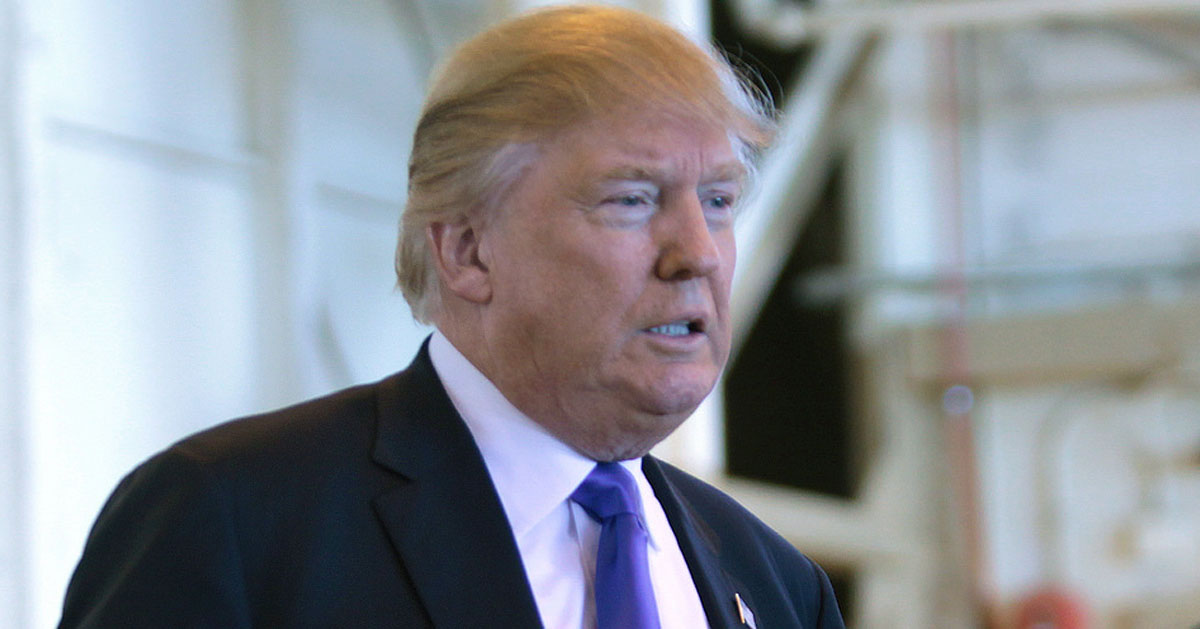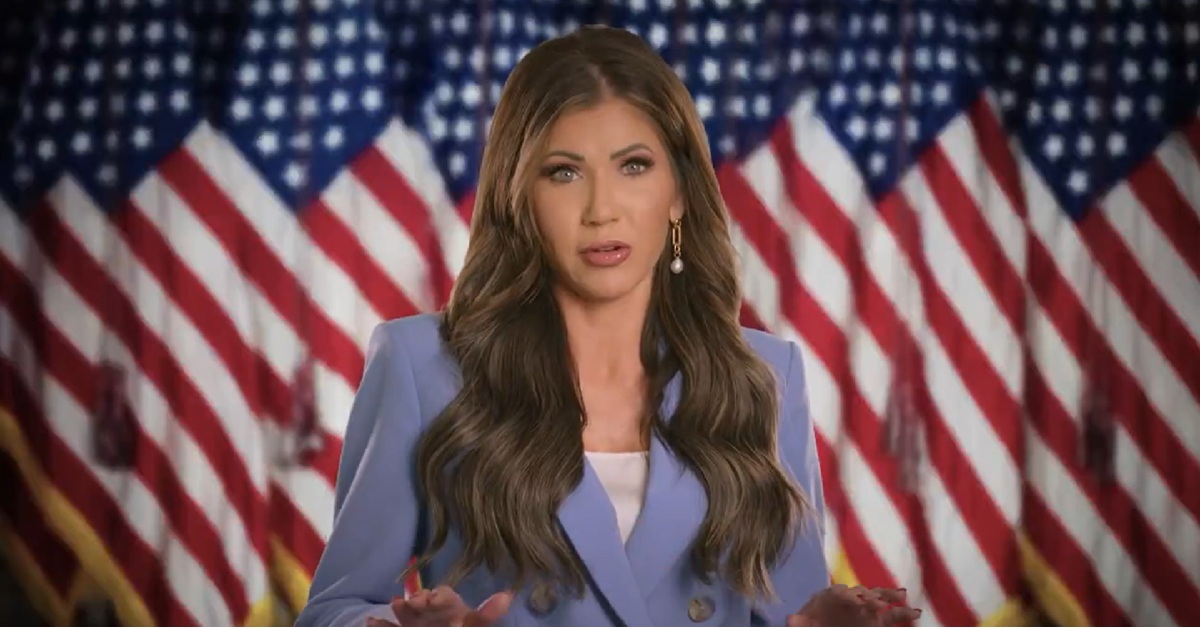Buzzfeed editor who published Steele dossier claims he has some regrets
The former editor-in-chief of Buzzfeed is now claiming that he has some regrets about publishing the infamous Steele Dossier.
According to Just the News, Ben Smith, who is now the editor-in-chief of Semafor, recently made this admission during on his Mixed Signals podcast.
The admission has come as a surprise to many, as Smith has stood behind the publication of the now-debunked document upon which the Trump-Russia Collusion Hoax was built.
Apparently, though, he has had a change of heart-or something like that.
Regrets, now?
Smith, co-host Max Tani, and guest Ezra Klein all spoke during the podcast about the infamous publication of the Steele Dossier.
Smith, at one point, said:
Back on the horse in the hospital years, I mean, it was also a media environment, which at least I felt, I was running BuzzFeed then, that a lot of our readers felt, and a lot of Democrats felt like there’s no way this guy was legitimately elected. There are two theories," Smith said. "One, it was Facebook, two, it was Russia, and lots of media energy went into chasing those two things. The White House felt totally under siege from that set of questions. I think I have some regrets about that in retrospect. Do you?
Klein did not really answer the question, Rather, he asked, "Do you regret publishing the dossier? Is that what you’re saying? Is that the admission here, Ben?"
Smith seemed to answer in the affirmative, saying, "Is that the headline? I would say I’m more ambivalent about it than I used to be."
This would be a surprising shift by Smith, if he is being sincere.
Background
Even after the debunking of the dossier, Smith has, in the past, stood behind his decision to publish it while at BuzzFeed.
As recently as April 2023, Smith published a piece in The Atlantic titled, "After All That, I Would Still Publish the Dossier."
Smith, however, claimed that he would have gone about the situation slightly differently.
He wrote:
If I had to do it again, I would publish the dossier—we couldn’t suppress it, not once CNN had discussed it and its implications on air. But I would hold more tightly to the document, so that no one could read it without reading what we knew about it—that we weren’t sure it was true, and in fact we had noticed errors in it. Releasing a document that could be shared without context—and this is as true of the WikiLeaks material as it is of the dossier—created partisan symbols, not crowdsourced analysis.
He adds, "In technical terms, that means I wouldn’t simply publish it as a PDF, destined to float free from our earnest caveats. At best, we could have published the document as screenshots attached to the context we had and the context we would learn."



